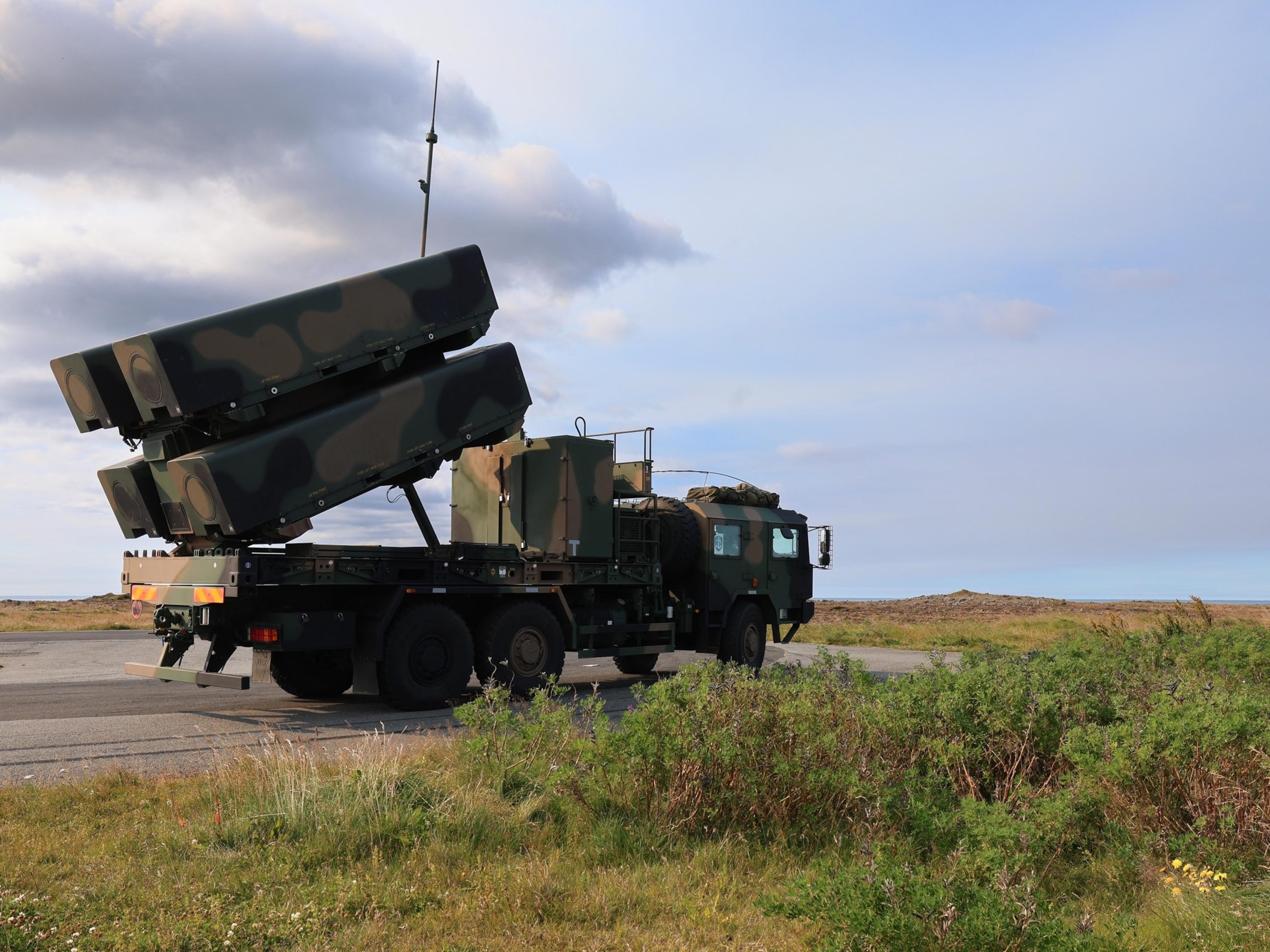Israel Demolishes Home of Suspected Palestinian Attacker, Escalating Tensions in the West Bank
In a move that has further escalated tensions in the already volatile West Bank region, Israel has demolished the home of a suspected Palestinian attacker. The incident has sparked outrage among Palestinians and drawn international criticism for its potential to exacerbate the Israeli-Palestinian conflict.
The demolition took place in the village of Kobar, near Ramallah, where the family home of Qassam Barghouti was destroyed. Barghouti is accused of carrying out a deadly attack in August 2019, which resulted in the death of an Israeli teenager and the injury of her father and brother. Israel claims that demolishing the homes of attackers serves as a deterrent against future attacks, while Palestinians argue that it amounts to collective punishment.
This controversial practice, known as punitive house demolitions, has been employed by Israel since the 1960s. The Israeli government argues that it is an effective tool to deter potential attackers, as it not only punishes the individual but also sends a message to others who might consider similar actions. However, human rights organizations and critics argue that it violates international law and is counterproductive, as it often leads to increased anger and resentment among Palestinians.
The demolition of homes is just one aspect of the broader Israeli policy in the West Bank, where tensions have been simmering for decades. The region has been a focal point of the Israeli-Palestinian conflict, with both sides claiming it as their rightful territory. Israel occupied the West Bank during the 1967 Six-Day War and has since built numerous settlements, considered illegal under international law, which house hundreds of thousands of Israeli settlers.
The continued expansion of settlements and the Israeli military presence in the West Bank have been major sources of frustration for Palestinians. They view these actions as an obstacle to their aspirations for an independent state with East Jerusalem as its capital. The demolition of homes further exacerbates these grievances and fuels the cycle of violence and retribution.
The international community has widely condemned Israel’s policy of punitive house demolitions. The United Nations and human rights organizations argue that it violates the Fourth Geneva Convention, which prohibits the destruction of property belonging to civilians in occupied territories. They also argue that it undermines the prospects for a peaceful resolution to the Israeli-Palestinian conflict.
Critics of the demolitions argue that they are not only ineffective as a deterrent but also disproportionately target innocent family members who had no involvement in the attacks. The destruction of homes leaves families homeless and traumatized, further deepening the animosity between Israelis and Palestinians.
Israel, on the other hand, justifies its actions by citing security concerns. The Israeli government argues that it has a responsibility to protect its citizens from attacks and that demolishing the homes of attackers is a necessary measure to prevent future violence. They claim that other methods, such as arrests and imprisonment, have not proven to be as effective in deterring potential attackers.
The demolition of Barghouti’s home has once again brought attention to the contentious issue of punitive house demolitions. As tensions continue to rise in the West Bank, it is crucial for both sides to find a way to de-escalate the situation and work towards a peaceful resolution. The demolition of homes only serves to deepen divisions and perpetuate the cycle of violence, making it even more challenging to achieve a lasting peace in the region.



